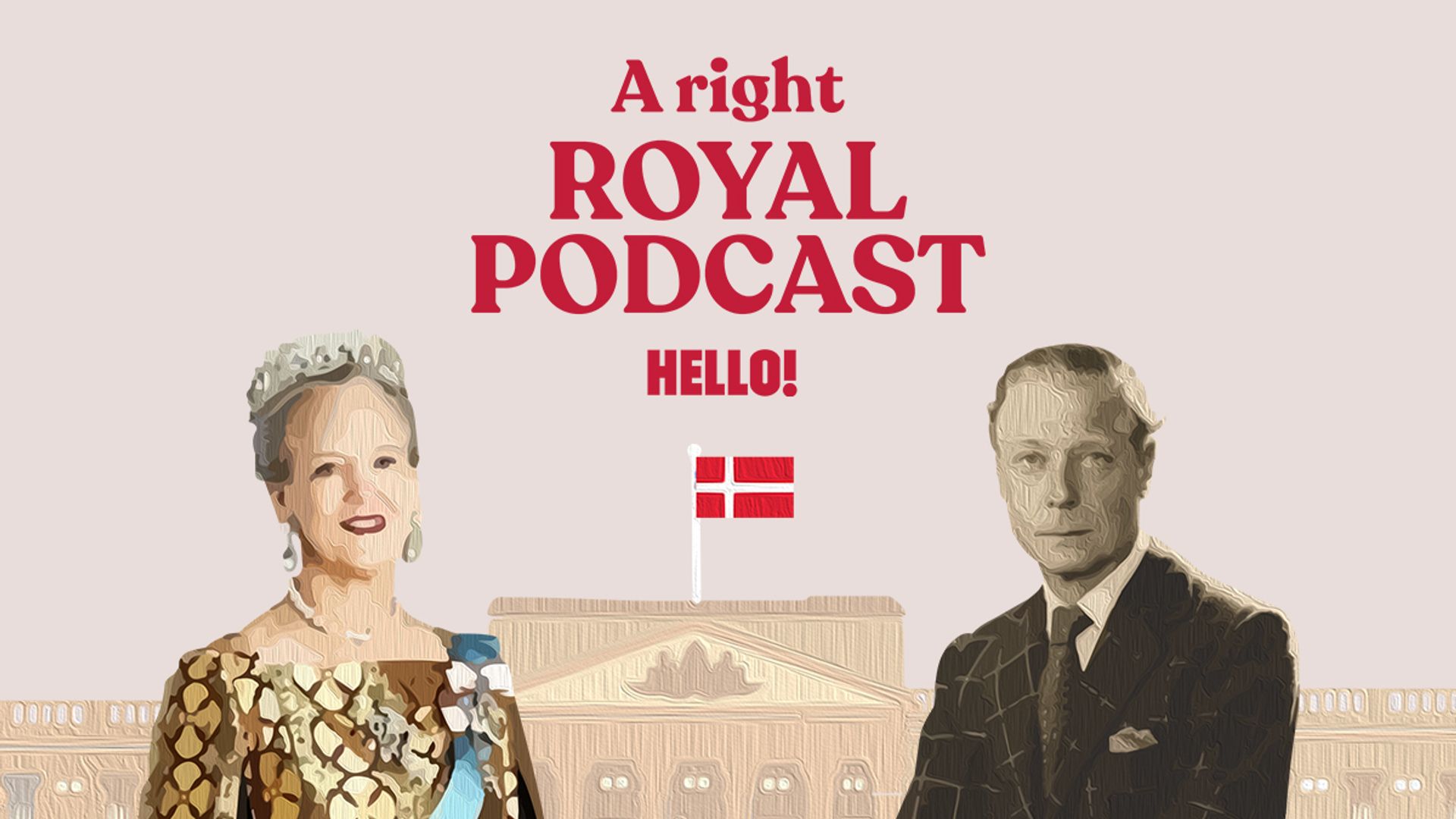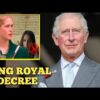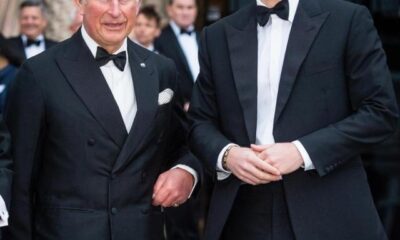The News
King Charles III: The Possibility of Abdication on the Horizon?
In a surprising twist in royal discussions, the topic of abdication has resurfaced, particularly in relation to King Charles III.
Unlike his mother, the late Queen Elizabeth II, who viewed abdication as an unthinkable act, Charles seems to have a different perspective.
This shift stems from historical events that shaped the royal family's views on the matter.
The monarchy faced a seismic shift back in December 1936 when King Edward VIII made headlines by abdicating the throne to marry American socialite Wallis Simpson.
This unprecedented move not only changed the course of history but also paved the way for Queen Elizabeth II's father, the Duke of York, to ascend the throne.
Consequently, Elizabeth became the heir apparent, a role she embraced with unwavering dedication throughout her life.
Queen Elizabeth II famously vowed to serve her country and the Commonwealth for her entire life, a pledge she honored until her final days.
The impact of her uncle's abdication haunted her reign, casting a long shadow over the royal family.
Royal expert Richard Kaye notes that the stigma surrounding abdication lingered due to its profound effects on Elizabeth's family.
However, King Charles, who did not experience the turmoil surrounding Edward VIII's decision, may not carry the same weight of that historical burden.
Kaye suggests that Charles might view the idea of stepping down differently than his mother did.
On the Mail Plus's Royal Programme Palace Confidential, he stated, “Abdication was a dirty word” during Elizabeth's reign, primarily because it was so closely tied to her family's pain and history.
In his inaugural speech as king in September 2022, Charles echoed his mother's lifelong commitment to service, stating, “That promise of lifelong service I renew to you all today.” Despite this, Kaye believes the king possesses a more pragmatic outlook regarding his reign and its potential limitations.
The conversation about abdication gained momentum following Queen Margrethe II of Denmark's recent announcement that she would step down.
As the last reigning queen in Europe, she plans to pass the crown to her son, Crown Prince Frederick, on January 14, citing health concerns as a significant factor in her decision.
Last year, she underwent major back surgery, prompting her to reconsider her role.
Kaye argues that Charles may eventually opt to relinquish the throne if it serves the monarchy's long-term interests.
This perspective is particularly relevant in light of the challenges faced by modern monarchies, where public expectations and personal well-being often clash.
While the thought of abdication remains a sensitive topic, it's clear that King Charles III is contemplating the future of the monarchy with a fresh lens.
The royal landscape is undoubtedly changing, and the possibility of a king stepping aside for the next generation could redefine the institution.
As discussions around royal duties and responsibilities evolve, the implications of such a decision resonate beyond the palace walls.
The monarchy's ability to adapt to contemporary realities may determine its relevance in the years to come.
















































































